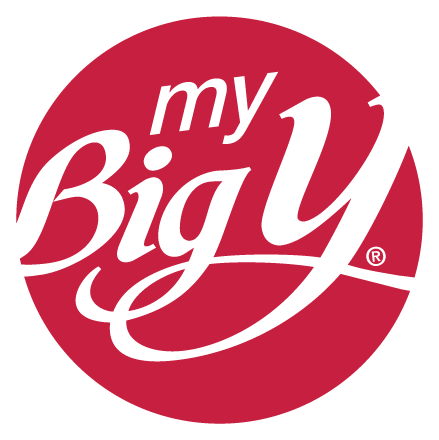
Organic, Natural & Fair Trade: What's the Difference?
Author: be well™ with Big Y® Registered Dietitian Team
Know what the terms mean so you can make your own informed decision.
There are few topics of discussion that generate more interest from our shoppers than those around organic, natural and Fair Trade. For that reason, we’ve compiled our answers to commonly asked questions below.
What is the Difference Between Organic and Natural?

Products with the United States Department of Agriculture (USDA) “organic” label mean they were farmed with an emphasis on renewable resources and conservation of soil and water without most conventional pesticides, fertilizers with synthetic ingredients, bioengineering or cold pasteurization. The “organic” label assures that 95% or more of the food and its ingredients are organic.

Due to the criteria required for the USDA organic program, organic products would all be considered natural, but not all natural products are considered organic. Labels like “all natural” and “made with organic” may be listed on a product without meeting USDA organic standards.
What Does Natural Mean?

The USDA defines “natural” as “no artificial ingredient or added color and is only minimally processed” for meat, poultry and processed egg products. The U.S. Food and Drug Administration (FDA) does not have an official definition for the other products on our shelves, but does not object to manufacturers using the term as long as products do not “contain added color, artificial flavors or synthetic substances.”
In general, expect the term “natural” to mean free from artificial or synthetic ingredients not normally expected to be found in the food.
What are Fair Trade Products?

These are imported products ranging from food and apparel to beauty and personal products from a developing country where producers are compensated at a fair price and products are grown and harvested under humane standards. Fair Trade doesn’t inherently mean organic or natural.
Which is Better?
In the end, which products you choose comes down to personal preference—not necessarily on what science supports as more nutritious or better for you. This goes for choosing traditional, conventional foods and products over those deemed organic, natural and/or Fair Trade as well.
Reviewed 4/17/2023


